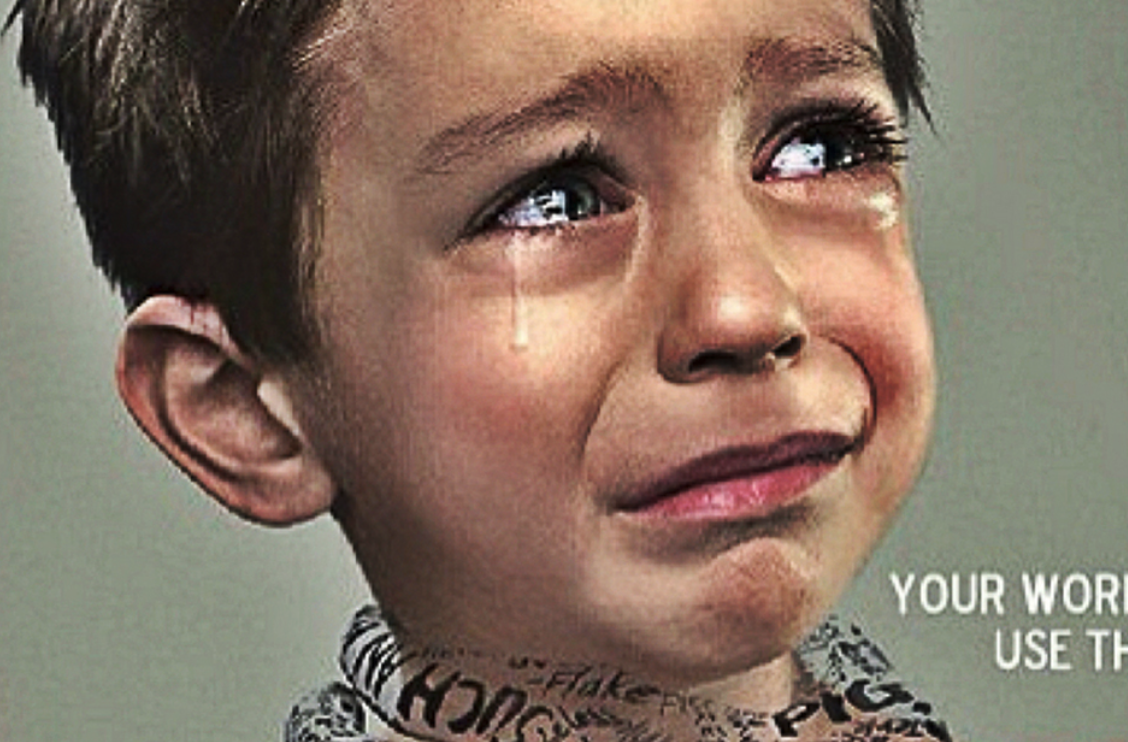Psychologists Warn To Never Use These 8 Phrases When Talking To Your Child

When we are born, our parents become our world. Without them, we wouldn't be the individuals we are today.
Our parents are our pillars of support and guidance, the ones who ensure our safety and enforce rules during our childhood. However, as humans, we are all prone to making mistakes.
In our early years, we don't typically perceive our parents as mere mortals; we view them as much more. Mom and Dad are our creators, protectors, and even god-like figures. To us, they possess the ability to do anything and everything. Every action and word of a parent becomes ingrained in a child's psyche. The way we communicate with our children forms their inner voice, shaping their sense of right and wrong.
If you often express anger and coldness toward your children, these negative emotions can linger into their adulthood. They may end up treating themselves the same way you treated them. Mistakes happen, but if you're making one now, why not take the opportunity to correct it? We want our children to have an inner voice that uplifts them. If you are kind and encouraging to your child, they will internalize that positive voice, which is far more effective than having an inner voice that makes them feel inadequate.
The Phrases below are ones you should NEVER say to your children, no matter how mad you are or what they have done:
“Stop crying right now!”
Even if you don't understand the reason for their tears, don't belittle them for expressing their emotions. They can't always control their feelings. They deserve the space to experience their emotions. By saying this, you're teaching them to suppress their feelings, which is unhealthy. Instead, try saying, "It's okay to cry, but let's discuss what happened."
“I am disappointed in you!”
When children are already feeling low due to a mistake, telling them you're disappointed only makes them feel worse. Help them find the right path instead of making them believe they are a disappointment. Say, “What you did was wrong. Let's talk about it.”
“You are not [something] enough!”
“Big boys/girls don’t get scared”
Everyone experiences fear, including children. Telling them not to be afraid doesn't help. Teach them to face their fears instead of running from them. Say, “It's normal to feel scared. Let's find ways to overcome it together.”
“You are worthless!”
Never utter these words to your children. They seek your approval the most, and they shouldn't fear your judgment. By saying this, you encourage them to seek validation elsewhere. Instead, say, “No one is perfect, sweetheart. You'll do better next time.”
“You are a bad kid!”
Avoid labeling your child as a whole. Their actions might be wrong, but that doesn't make them a bad person. Say, “What you did was bad,” to focus on behavior, not their character.
“I do everything for you!”
It's your responsibility to care for your child. Don't use it against them. They didn't ask to be born. Never hold this over their heads. Instead, focus on supporting and nurturing them.
“You’re fat”
Never resort to negative labeling like this. If your child is struggling with weight, they likely already know. Create a safe space at home. Say, “I'm thinking of adopting a healthier lifestyle. Would you like to join me on this journey?”
Choose your words carefully when interacting with your children. They'll be the ones caring for you when you can't care for yourself. Foster their self-love, encourage positive growth, and avoid tearing them down.
Image Via The Juvenile Protection Association
Source: https://awarenessact.com
DISCLAIMER: THIS WEBSITE DOES NOT PROVIDE MEDICAL ADVICE The information, including but not limited to, text, graphics, images and other material contained on this website are for informational purposes only. The purpose of this website is to promote broad consumer understanding and knowledge of various health topics. It is not intended to be a substitute for professional medical advice, diagnosis or treatment. Always seek the advice of your physician or other qualified health care provider with any questions you may have regarding a medical condition or treatment and before undertaking a new health care regimen, and never disregard professional medical advice or delay in seeking it because of something you have read on this website.
